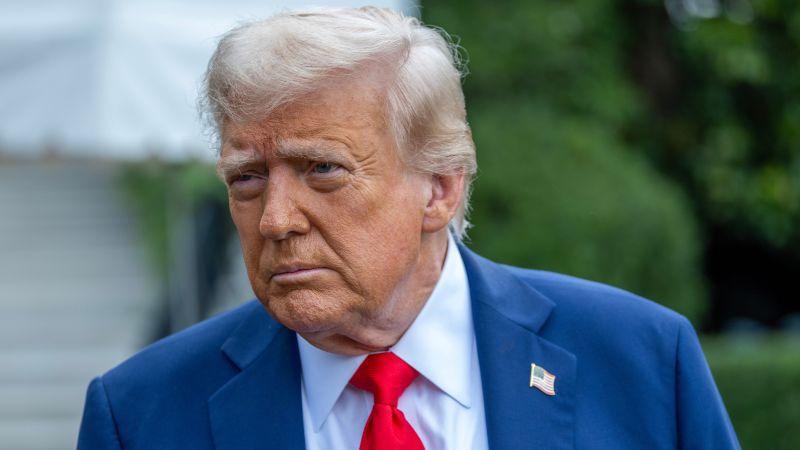President Donald Trump is poised to sign an executive order designating the anti-fascist movement known as Antifa as a domestic terrorist organization. According to White House Press Secretary Karoline Leavitt, the action could take place as soon as Monday, marking a significant escalation in the administration’s approach to left-leaning political groups.
During a press briefing, Leavitt stated, “Antifa is going to be designated a domestic terrorist organization,” and emphasized that the president intends to take swift action. This announcement follows Trump’s previous commitment to crack down on left-wing entities after the assassination of conservative activist Charlie Kirk.
The implications of such a designation remain uncertain. Antifa lacks a centralized structure or defined leadership, which complicates the execution of any government action targeting the group. Leavitt acknowledged this challenge, stating that the forthcoming order would be part of a broader strategy to address what she described as a radical left fringe that has influenced many Democratic lawmakers.
Leavitt criticized those Democrats who voted against a resolution honoring Kirk, asserting, “We must continue to call this wickedness out. It’s the only way that our nation can heal.” Additionally, she defended Trump’s controversial remarks at Kirk’s funeral, where he expressed disdain for his political opponents, a sentiment that diverged from the views of Kirk’s widow, Erika Kirk, who advocated for forgiveness and love.
The potential designation of Antifa raises legal questions. While Trump previously indicated plans to label the group as a terrorist organization during his first term, legal analysts suggest that such a move may encounter constitutional challenges. The term Antifa, short for anti-fascist, encompasses a wide range of individuals with left-leaning beliefs that often do not align with the Democratic Party. Unlike established far-right groups such as the Proud Boys and Oath Keepers, Antifa does not operate under a hierarchical structure, complicating the government’s ability to target specific leaders or financial backers.
Trump recently expressed his intent on social media, stating, “I am designating ANTIFA, A SICK, DANGEROUS, RADICAL LEFT DISASTER, AS A MAJOR TERRORIST ORGANIZATION.” He also called for investigations into individuals funding Antifa, emphasizing the need for stringent legal scrutiny.
At the press briefing, Leavitt referenced bullets found in connection with Kirk’s assassination that bore anti-fascist messages, claiming that violent acts have been perpetuated by individuals associated with Antifa. “We will be most importantly looking at who is funding Antifa and who is funding these other violent left-wing groups,” she asserted.
The term “antifa” has historical roots in movements opposing fascism, notably during World War II against Italian dictator Benito Mussolini, and later against white supremacist groups during the Cold War. Critics of Trump’s announcement have voiced concerns that this designation may be an attempt to suppress large-scale dissent against the administration.
This development adds to a growing climate of political tension, particularly as Trump has previously suggested that activists opposing him should face legal consequences. The upcoming executive order reflects a significant shift in the administration’s strategy regarding domestic political movements, raising questions about the balance of power and civil liberties in the United States.
